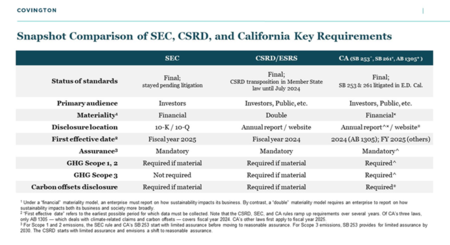The voice of Australia’s oil and gas industry today said the Australian Government’s decision to approve a carbon capture and storage (CCS) method for the Emissions Reduction Fund (ERF) has the potential to deliver step-change emissions reductions.
APPEA Chief Executive Andrew McConville said the development of a method for CCS under the ERF is an important way to not only reduce emissions but create thousands of jobs in the process.
“This is a chance Australia shouldn’t miss. CCS can make a substantial contribution to help Australia meet its emissions reduction targets,” Mr McConville said.
“The International Energy Agency and the Intergovernmental Panel on Climate Change both support CCS as essential to achieve the world’s climate change goals.
“With scale and experience, the cost of CCS will decrease, creating the potential to deliver competitive, large-scale abatement for existing industries and new industries such as hydrogen and ammonia.
“The world is noticing the opportunity for CCS with 19 projects now operational (10 from oil and gas), including the Chevron-operated Gorgon CO2 Injection Project, which is the largest dedicated CCS project in the world, another four under construction and at least 30 more projects coming on-line in the years ahead.
“One of those projects is Santos and its partner Beach Energy’s $210 million Moomba CCS project in outback South Australia which will safely and permanently store 1.7 million tonnes of carbon dioxide (CO2) per year with capacity for up to 20 million tonnes annually across the Cooper Basin.
“Those in operation and construction have the capacity to capture and permanently store around 40 million tonnes of CO2 every year. This is expected to increase significantly in coming years as new projects come online.
“Australia has a natural competitive advantage to implement CCS with known high quality, stable geological storage basins, existing infrastructure, world-class technical expertise and regulatory regimes (environment protection, carbon accounting and reporting, financial services).
“Low-cost emissions reduction technologies can enhance Australia’s position as a leading energy exporter and ensure international competitiveness in a cleaner energy future.”
Mr McConville said CCS is a safe and permanent solution to reducing greenhouse gas emissions.
“A CCS method under the ERF will encourage more projects, create new jobs and support Australian industries, particularly in regional areas,” he said.
“Just as LNG exports are playing an important role in reducing global emissions, CCS in Australia can play an important role in securing the future of Australia’s oil and gas industry in a cleaner energy future.
“Australia’s LNG export success means the Australian upstream oil and gas industry also has the technology, expertise, commercial and trade relationships to make, in particular, hydrogen exports a reality.”
Read the








